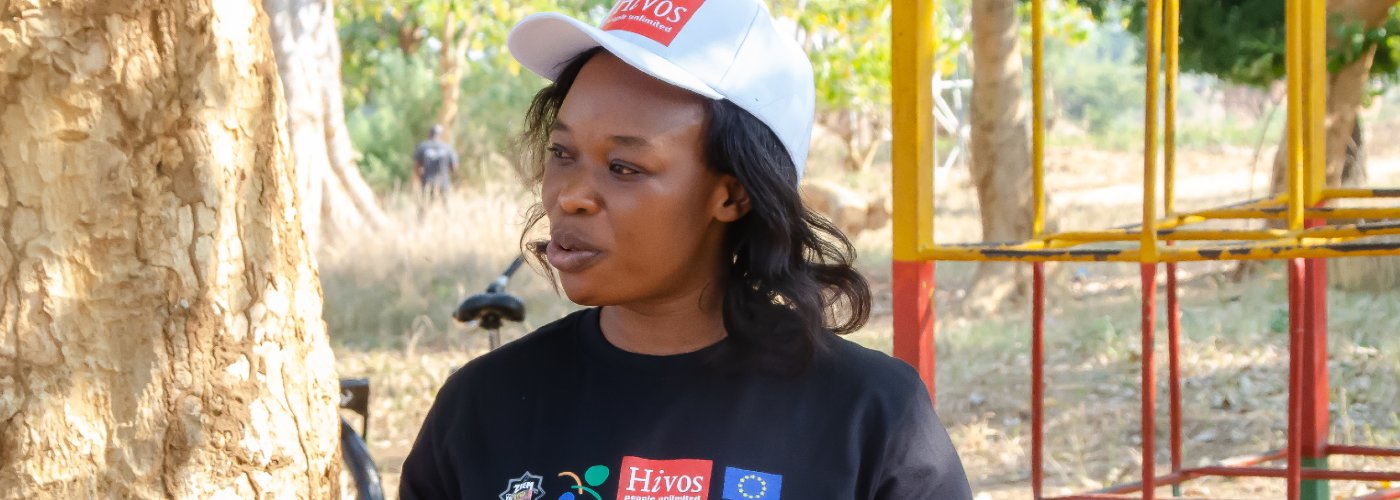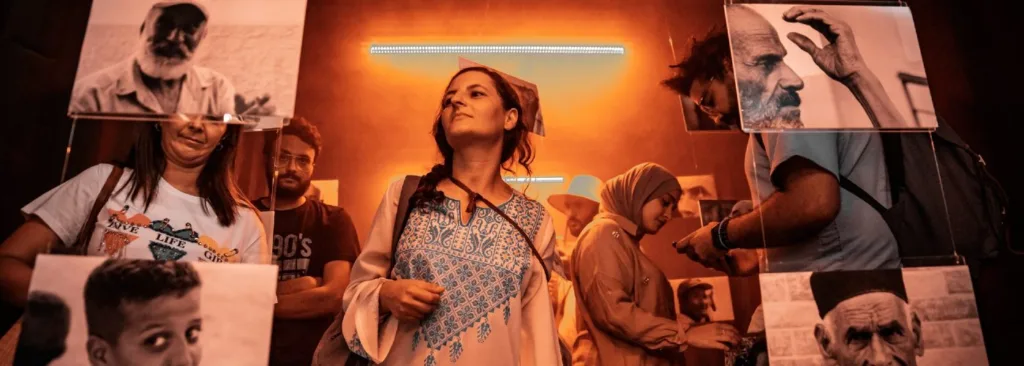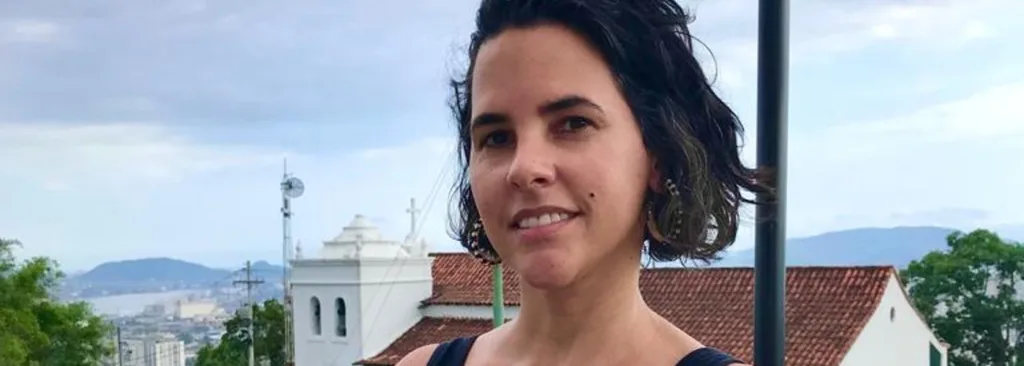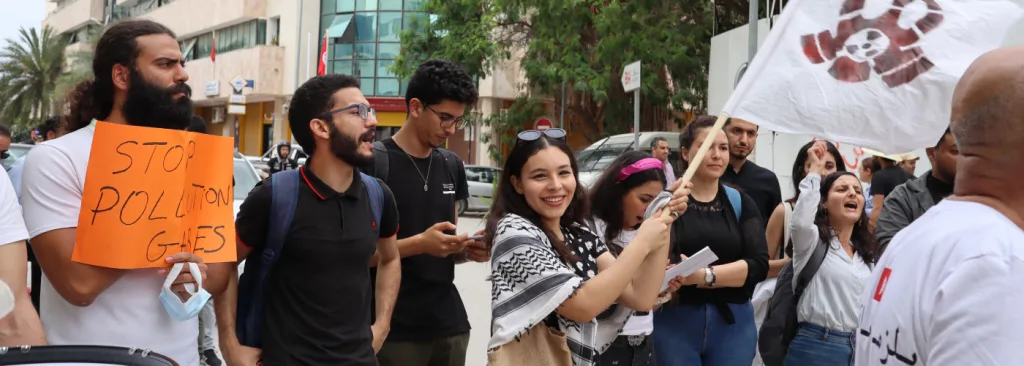Mangiza Chirwa is a program manager at Hivos in Zambia. She runs our Voices for Just Climate Action (VCA) program, working with local communities to make their voices heard in national and global discussions on the climate crisis.
We talked to her about climate change in Zambia, the ways it affects people, and the work Hivos is doing to fight it
How does climate change affect Zambia?
“Mostly by changing our rain patterns, which not only impacts agriculture, but also things like energy production. Our country is dependent on hydroelectricity, so if we don’t get enough rain, we don’t have electricity.”
“Right now, Zambia is experiencing the driest agricultural season in more than 40 years. This caused the president to declare a national emergency on March 1st. The drought led to power shortages that, in certain areas, lasted up to three days. The mining industry shut down, and people with small businesses also lost their livelihoods. They all need electricity to do their work.”
“The effects on agriculture have been even worse with nearly 50 percent crop failure losses, according to the government. Many people invested in growing maize this season because the new government was buying it at very good rates. This seemed like a good investment. But after they planted the maize, the rains never came, and people lost all their investments.”
What does just climate action mean to you?
“Both science and real life show that women, youths and vulnerable groups are most affected by drought. Take for example the small businesses I mentioned that suffer from electricity cuts. The people who run them are amongst those who have the fewest ways of avoiding these problems. Climate change always hits the most vulnerable groups hardest.”
“Or take people who make charcoal. A lot of our partners try to prevent charcoal production (which involves cutting down and burning trees) because it’s very polluting and plays a big role in drought and climate change. But when we ask people to stop making charcoal we are basically asking them to forgo a main source of their income.”
“Usually they’re offered one-off solutions, like a solar cooker. But that’s not enough to provide a livelihood for their families. Even when we train them in entrepreneurship, they still have to change how they make a living, and that’s not always easy.”
“We need to think of more lasting ways to deal with the climate crisis in Zambia. So when we ask people to stop producing charcoal, we have to help them find alternative, sustainable sources of income. Otherwise, our climate work is neither just nor effective.”
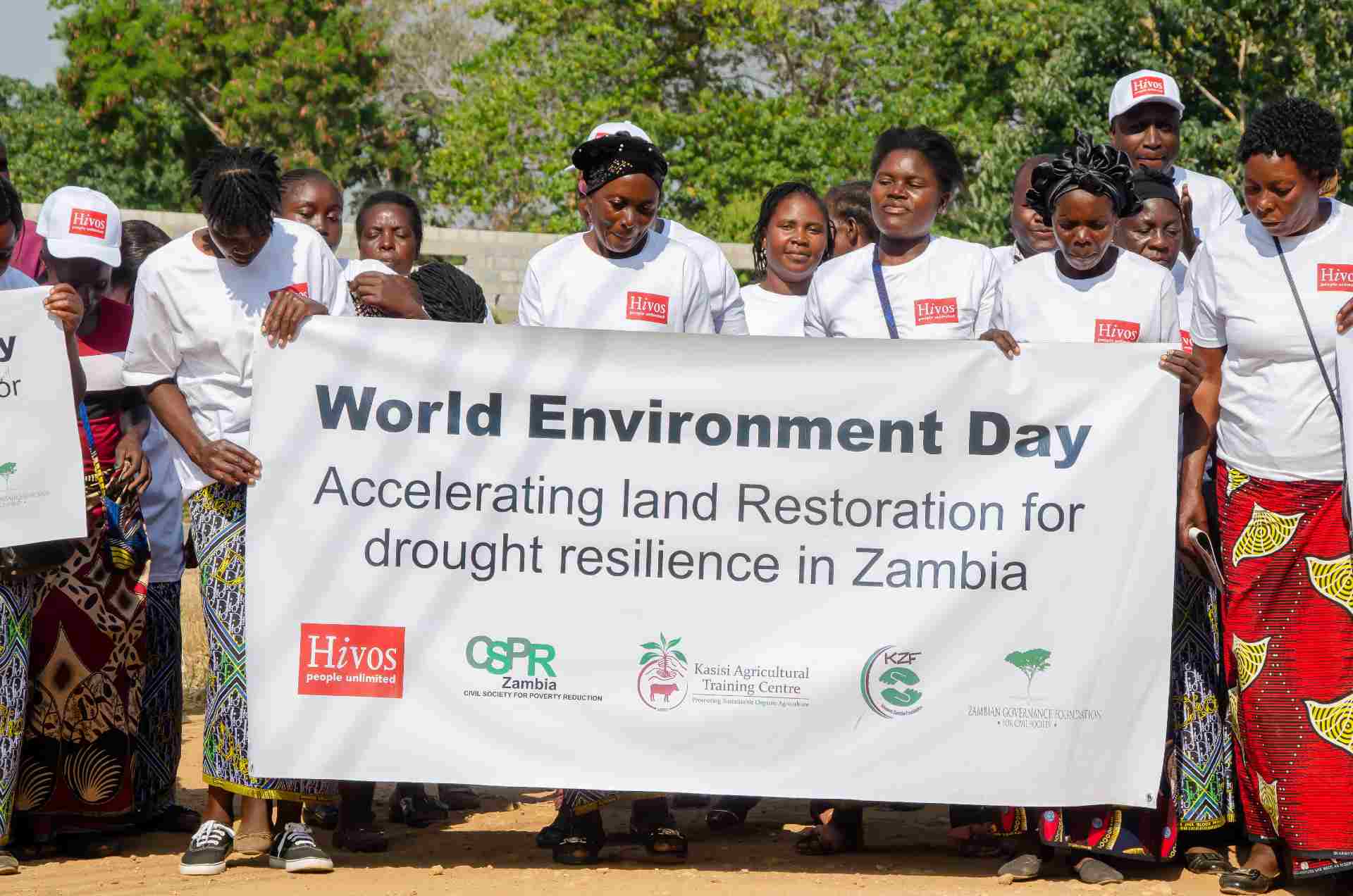
What has Voices for Just Climate Action achieved in Zambia?
“The program has significantly raised awareness in the communities where we work by showing that climate change is not just an environmental issue; it’s also about justice.”
“The sustainable farming practices we’ve introduced help communities better adapt to new climate conditions. And we’ve informed them about more sustainable ways of resource management, like using twigs for fuel instead of charcoal, which doesn’t threaten trees or forests. However, this doesn’t solve the challenge of addressing livelihoods more sustainably.”
“Perhaps I am most proud of how we’ve supported people in becoming better at lobbying local leaders. We train them how to approach their leaders and explain the climate issues they’re facing in a way most likely to lead to government action. We also organize town halls where communities interact with political leaders and discuss what they need to confront climate change.”
“Our partners also have access to national parliamentarians, and they submit ideas for climate policy changes based on what they learn from working in communities. We also help community members visit parliament themselves. It’s sometimes more effective when politicians hear from a mother who can’t send her child to school because she lost her job after a charcoal production ban but wasn’t offered an alternative source of income. This can lead to more just climate policies in the future.”
What motivates you personally to do this work?
“Since I was young I’ve been thinking about how I could both improve my own situation and help develop my country. ‘How can we make people’s livelihoods better?’ The answer is that the only way to improve the quality of life of people in rural areas and poor people in settlements is if top levels of government commit to invest in development and protecting the environment.”
“Right now, the government is spending money on current challenges, but we need to be planning what we’ll do in the next five to ten years. The climate crisis is not going to be reversed in that time, and the drought we’re in now may very well repeat itself next year, the year afterwards, or the year after that.”
About Voices for Just Climate Action
The Voices for Just Climate Action (VCA) program, initiated in January 2021, is a lobby and advocacy program implemented by an alliance led by four strong Southern CSOs: Akina Mama wa Afrika, Fundación Avina, Slum Dwellers International and SouthSouthNorth, and two Global CSOs: Hivos and WWF-Netherlands, under the Dutch Ministry of Foreign Affairs’ five-year strategic partnership: “Power of Voices.” The program aims to ensure that by 2025, local civil society and underrepresented groups will have taken on central roles as creators, facilitators, and advocates of innovative and inclusive climate solutions.

